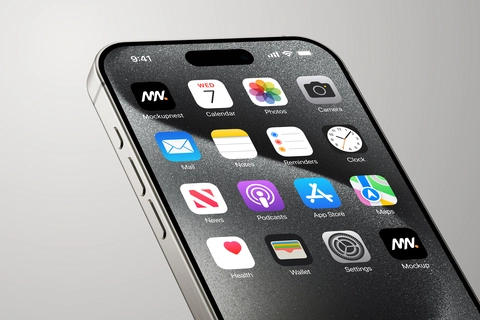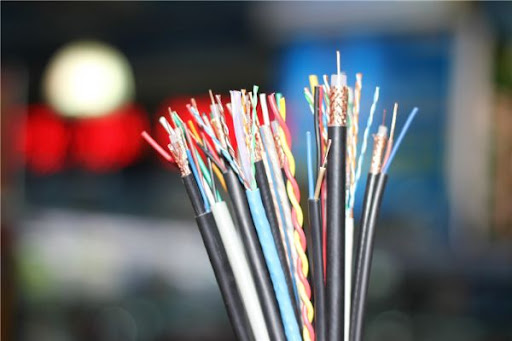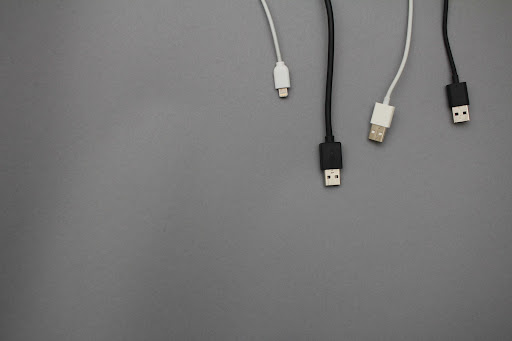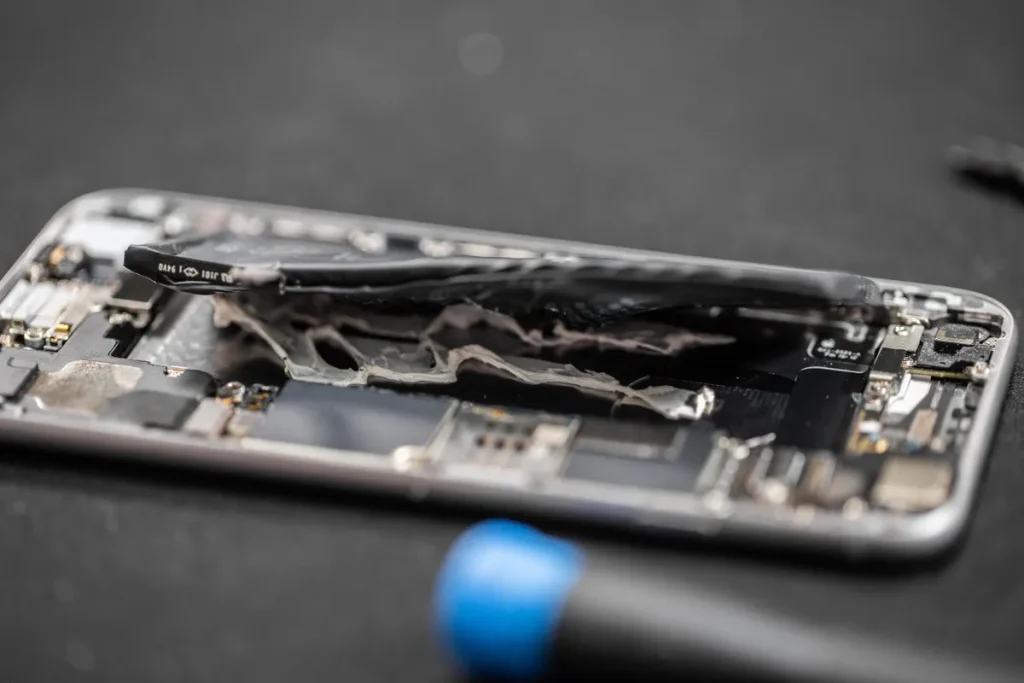Physical Address
60 Ekwema Cres, Layout 460281, Imo
Physical Address
60 Ekwema Cres, Layout 460281, Imo

We all recognize that mobile phones, especially smartphones, have become integral parts of our lives. With their many features, they serve as indispensable work tools, replacing traditional office setups with their capacity to capture photos and videos for sharing, draft entire blog posts, and perform various other tasks. However, with such frequent use, a reliable phone battery is crucial to keep these devices functioning seamlessly throughout the day.
Yet, slow charging remains a common frustration for users, often linked to specific factors that can hinder charging speed.
Understanding these factors can help maximize battery performance and ensure our phones are always ready for use.

Before delving into the core topic of this post, picture this scenario: your primary work tool, your phone, is running low on battery, and you have a lengthy day ahead with no immediate access to a charging outlet for at least 12 hours. In anticipation of this predicament, you wisely connected your mobile device to a power source to facilitate a complete charging cycle.
Now, imagine leaving your device plugged in for 2 to 3 hours, expecting to return to a fully charged battery, only to find it disappointingly at 40% upon unplugging—an insufficient charge to sustain even half of your intended work duration. The frustration is palpable, isn’t it?
What transpired is that your phone has developed the troublesome habit of charging slowly. A seemingly convenient remedy would be to resort to a power bank. However, picture the dismay of your power bank draining its reserves to provide a mere 52% charge.
Fortunately, there’s no need to dwell on the negative aspects concerning your phone, its battery, or charging accessories. Instead, let’s focus on addressing the underlying issues hindering fast charging. In this post, we’ll explore six major factors impeding your phone’s charging speed and provide solutions to rectify them. Are you ready?
Also read: Lastest Guide on How to connect your phone to your Smart TV
Quickly, here are six factors contributing to your phone’s slow charging:

If you’re a dedicated power user who can’t seem to part ways with your phone, even during charging sessions, you might inadvertently prolong the charging process.
Using your phone while it’s plugged in can significantly drain its power and, consequently, extend the time required for a full charge.
Therefore, the straightforward solution to expedite the charging process is to refrain from using your phone during charging intervals. If your phone is essential for your work tasks, consider using a tablet or personal computer as an alternative during these charging periods.

While it’s accurate that the screen consumes the most power, certain apps and settings possess the potential to significantly diminish battery life and impede rapid charging.
Following even a brief period of use, numerous Android apps initiate automatically or continue running in the background, draining resources in the process.
The presence of one or more rogue apps can substantially impair your phone’s performance. Additionally, functionalities such as the hotspot being activated can occasionally hinder fast charging.
Therefore, it’s advisable to review your app settings to regulate background processes and deactivate features like the hotspot when they’re not in use or during charging periods.

The sluggish charging of your phone could stem from a faulty cable. Over time, cables can degrade, impeding the optimal charging rate. If you suspect your cable is the culprit, consider replacing it with a new one.
Furthermore, the issue may lie with your charging port. Take a moment to inspect it for any debris that could obstruct the proper cable connection and hinder charging speed. Using a small brush, carefully clean out any accumulated clutter.
In addition to slow charging, you may observe that your charging port feels less secure than before, indicating potential rust or corrosion. Monitor the condition of your port closely, as it may necessitate replacement or repair.
Lastly, a malfunctioning charger adapter could also contribute to slow charging. If feasible, invest in a new adapter to ensure efficient charging performance.

While it’s feasible to use USB cables connected to laptops, TVs, or other USB-compatible devices for charging, it’s important to note that these devices are not specifically designed for efficient phone charging.
To ensure optimal charging performance, it’s crucial to charge your phone using an adapter connected to a power socket. This method guarantees that your phone receives the appropriate voltage and current for efficient charging. Additionally, certain high-quality power banks are suitable for fast phone charging, provided that you select a reliable and compatible model.
You should see this: How to Easily Use the Creator Search Insight Tool for your TikTok Content Strategy 2025

Using the incorrect charger for your phone can adversely impact its charging speed. Thus, if your usual charger malfunctions, it’s essential to replace it with either the exact model or one with the capacity to charge your phone safely and efficiently.
For guidance on selecting the appropriate charger type for your phone, consider consulting a phone repair technician. Their expertise can help ensure you choose a charger that meets the specifications of your device and facilitates optimal charging performance.

A faulty phone battery is another potential issue that warrants attention, although it may not directly cause slow charging. Instead, it can result in erratic behaviour such as rapid charging or excessively fast battery drain.
I once experienced this firsthand with an aging Samsung device that had surpassed its warranty period. Despite being fully charged, the battery depleted rapidly, with a full charge lasting barely two hours. Such scenarios can be equally frustrating, if not more so, than slow charging.
Related article: Exclusive: Meet the African Innovator Who Invented a Self-Powered TV & Hybrid Engine-Powered Helicopter
To enhance your phone’s charging speed, consider implementing the following tips:
Also read: Everything You Need to know About Multichoice Showmax 2.0 Relaunch
To expedite charging, ensure you use the correct charger, disable unnecessary features, activate airplane mode, charge your phone in a cool environment, and close background applications that aren’t essential.
Slow charging is not inherently detrimental to the battery’s health. In fact, it can help maintain the battery’s longevity by minimizing heat generation. Conversely, fast charging may generate more heat, potentially leading to battery degradation over time.
Charging cables can wear out over time, especially if bent or twisted frequently. A damaged or low-quality cable may not deliver sufficient power, causing slower charging. Using certified, high-quality cables designed for fast charging can make a big difference.
Outdated software may have bugs or inefficiencies that impact charging performance. Keeping your phone’s software up-to-date can improve charging efficiency and optimize battery management.
In addressing the question, “Why is my phone charging so slowly?” numerous factors have been identified, as outlined above. Issues such as a defective charging cable or adapter, background apps and processes, battery health, environmental conditions, usage during charging, inappropriate charger usage, or software updates can all contribute to slow charging on Android phones.
However, by implementing the tips provided in this blog, you can significantly decrease the charging time of your phone. This ensures that you consistently have a fully charged battery at your disposal whenever you need it.